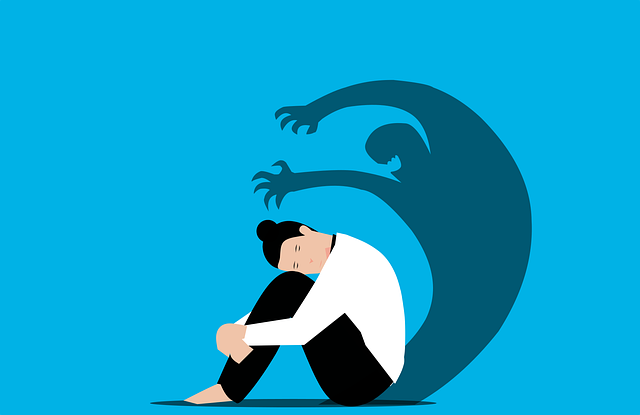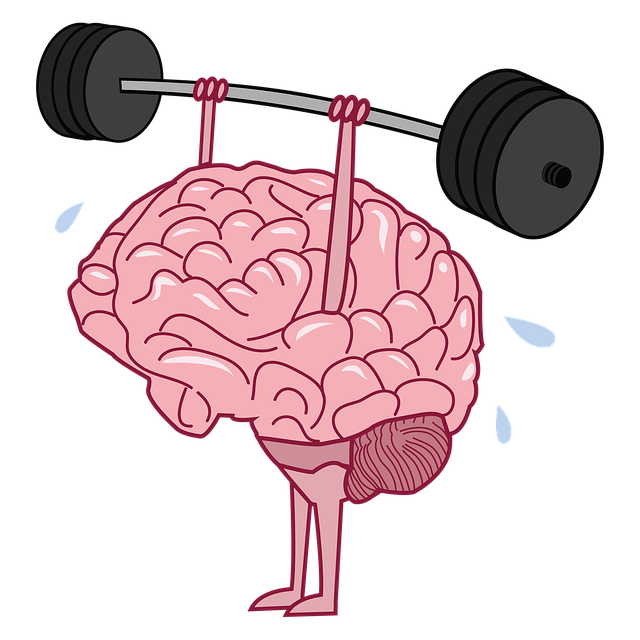Stress is a significant issue among young adults, caused by academic pressures, social expectations, financial worries, and relationship challenges. Chronic stress can severely impact health. Effective coping strategies include therapy for young adults and family counseling, which help confront stressors, learn healthy mood regulation techniques, build resilience, and improve emotional well-being. Public awareness campaigns destigmatize mental health struggles and encourage access to resources. Family counseling teaches interrelated interpersonal dynamics and promotes self-care routines like mindfulness exercises and healthier communication patterns, enhancing mental health and quality of life for young adults. Mindfulness meditation, deep breathing, and regular physical activity also reduce stress levels. Community outreach programs support well-being through peer sharing and tailored therapies.
Stress management techniques are essential for young adults navigating today’s demanding world. This article explores the multifaceted approach to addressing stress, focusing on two key strategies: understanding the impact of stress on this demographic and leveraging family counseling as a powerful tool for teaching effective stress management. We also delve into practical daily techniques that promote long-term well-being, offering valuable insights for both individuals and families seeking healthier coping mechanisms. Discover how therapy for young adults can transform challenges into manageable aspects of life.
- Understanding Stress and Its Impact on Young Adults
- The Role of Family Counseling in Teaching Effective Stress Management
- Practical Techniques for Daily Stress Mitigation and Long-term Well-being
Understanding Stress and Its Impact on Young Adults

Stress is a universal experience for young adults navigating the complexities of adulthood and shaping their identities. It can stem from various sources, including academic pressures, social expectations, financial constraints, and relationship dynamics. When left unaddressed, chronic stress can have profound implications on both mental and physical health, affecting sleep patterns, appetite, concentration, and overall emotional well-being.
Understanding the impact of stress on young adults is crucial in developing effective coping strategies. Therapy for young adults, often coupled with family counseling, offers a safe space to explore stressors and learn healthy mood management techniques. These approaches foster resilience, encouraging individuals to recognize triggers, develop personalized coping mechanisms, and enhance their overall emotional well-being promotion techniques. Public awareness campaigns around stress development can further support this effort by destigmatizing mental health concerns and providing accessible resources for those seeking help.
The Role of Family Counseling in Teaching Effective Stress Management

Family counseling plays a pivotal role in teaching effective stress management techniques, particularly for young adults. This therapeutic approach recognizes that an individual’s stress levels are often deeply intertwined with their interpersonal dynamics and family environment. By facilitating open communication and enhancing emotional intelligence, family counseling empowers members to better understand each other’s perspectives and respond to stressful situations more constructively.
Through tailored activities and discussions, this therapy for young adults helps in developing self-care routines that promote both mental health and emotional well-being. It encourages the adoption of strategies such as mindfulness exercises, stress-reducing hobbies, and healthier communication patterns. By fostering a supportive family system, family counseling enables individuals to navigate life’s challenges more effectively, thereby reducing the impact of stress on their overall emotional intelligence and quality of life.
Practical Techniques for Daily Stress Mitigation and Long-term Well-being

Stress management is a vital skill, especially for young adults navigating life’s challenges. Incorporating practical techniques into daily routines can significantly mitigate stress and foster long-term well-being. Activities such as mindfulness meditation, deep breathing exercises, and regular physical activity have been proven effective in reducing stress levels and improving overall mental health. These simple yet powerful tools allow individuals to gain a sense of control and promote a calm mindset, even in the face of demanding situations.
Additionally, seeking professional support through therapy or family counseling can be transformative for managing chronic stress. Therapies tailored for young adults offer safe spaces to explore underlying issues, develop coping strategies, and enhance resilience. Conflict resolution techniques learned within these settings empower individuals to handle interpersonal challenges constructively, preventing burnout and fostering healthier relationships. Community outreach program implementation also plays a role in promoting well-being by providing support networks and sharing effective stress management practices among peers.
Stress management techniques are invaluable tools for young adults navigating life’s challenges. By understanding the impact of stress and leveraging family counseling, individuals can learn effective coping strategies for daily mitigation and foster long-term well-being. These practices, including mindfulness, relaxation exercises, and cognitive-behavioral therapy, empower folks to overcome stressors and lead more fulfilling lives. Incorporating these techniques into daily routines allows young adults to build resilience, enhance mental health, and thrive in various aspects of life—all thanks to the supportive environment family counseling provides.














